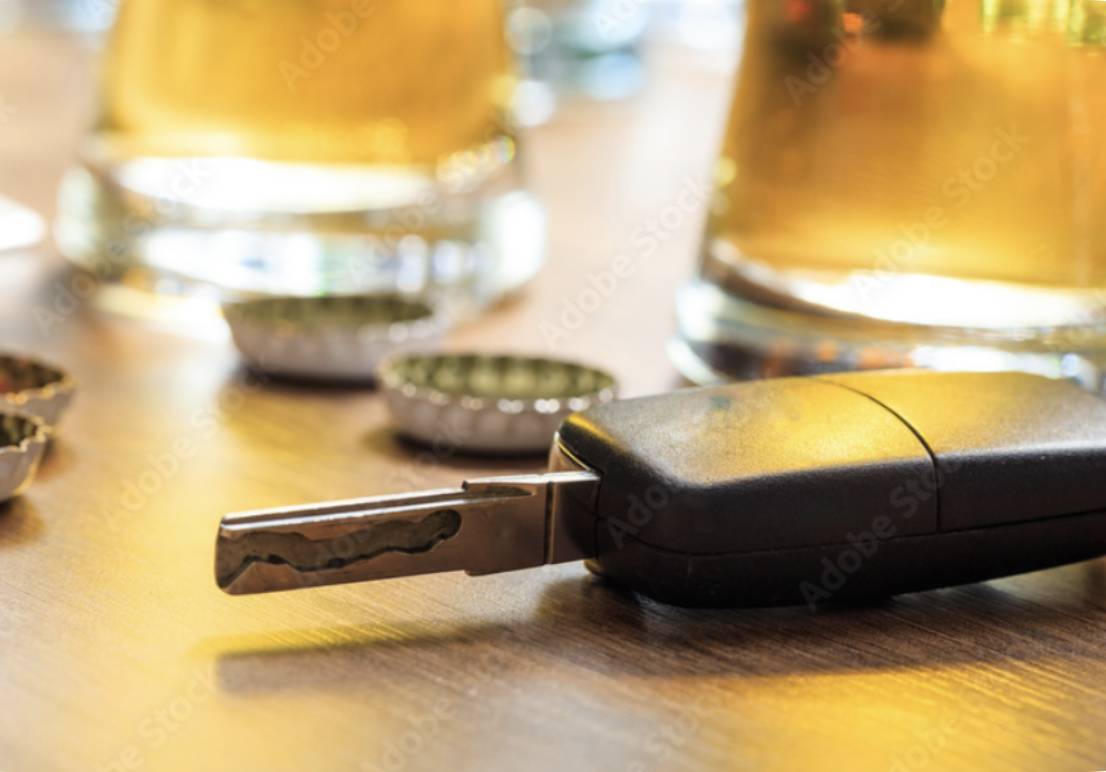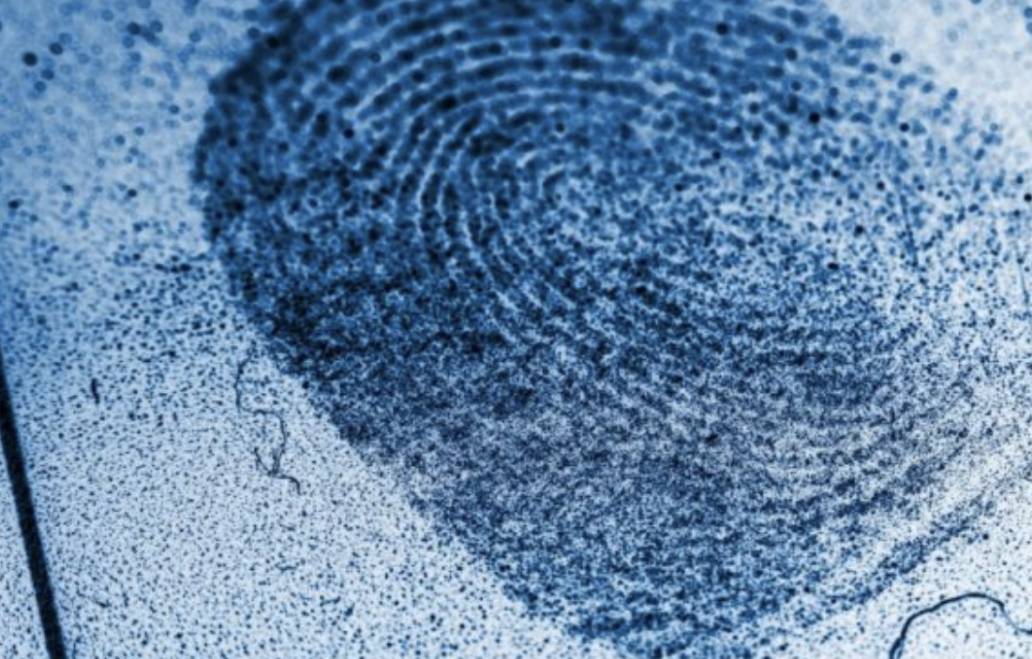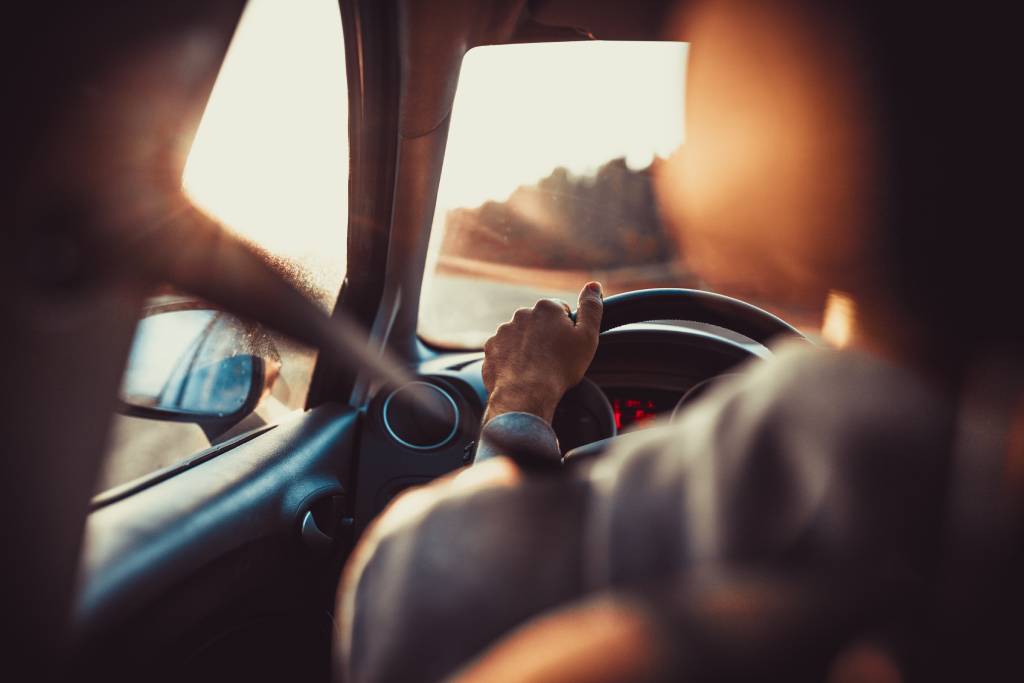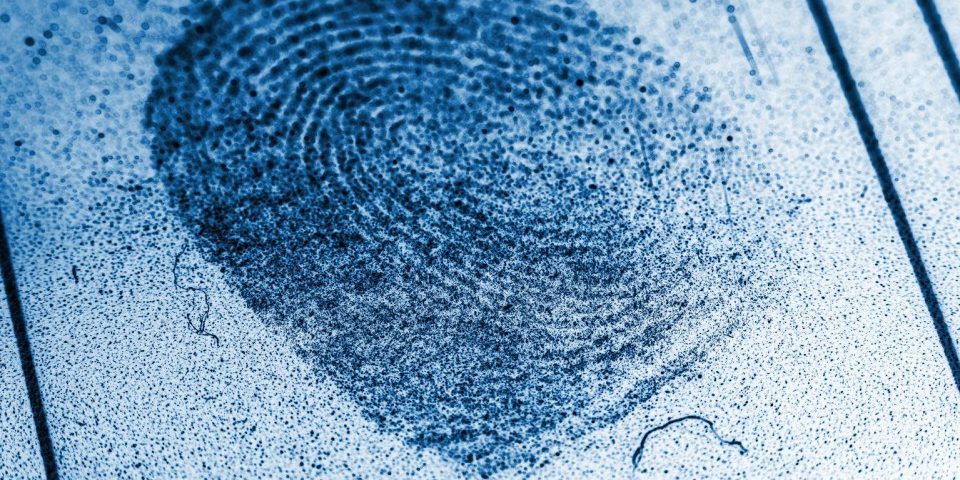What is Drink Driving/Driving Under Influence (DUI)?
Drink driving refers to the act of driving a vehicle whilst under the influence of alcohol above the blood alcohol concentration (‘BAC’) threshold. The BAC is the measurement of the number of grams of alcohol in 100ml of blood. If you are a driver of a vehicle, the police may take a sample of your breath, blood or urine, to determine your BAC.
If you are found to be driving with more than the allowable amount of alcohol in your system, you are committing an offence of drink driving under the Road Traffic Act 1974 (WA).

Online Enquiry
What is the current BAC limit?
Depending on the type of licence you hold, and its status, you will have a particular legal limit on the amount of alcohol you are allowed to have in your system whilst driving. These limits are as follow:
|
Fully Eligible Drivers |
0.05 BAC |
|
Novice Driver (‘P-Plater’) |
0.00 BAC |
|
Drivers of large moto vehicle/truck |
0.00 BAC |
|
Disqualified Driver/Extraordinary Driver/Cancelled Driver |
0.00 BAC |
Drink Driving Laws
1. Do I have to do a preliminary breath test for alcohol?
A preliminary breath test is a test that is first conducted by police, usually at the side of the road, to see if you have any alcohol in your system. If you are the driver of a vehicle and a police officer asks you to provide a sample of your breath for a preliminary breath test, then you must do so. It is an offence to refuse to comply with this request.
A police officer may also require you to provide a sample of breath if they reasonably believe you were driving the vehicle earlier, even if you are not driving it at the time the vehicle is stopped. After the preliminary breath test, the Police can escort you to either the booze bus or the local police station to undergo further breath analysis testing. Again, it is an offence to refuse to comply with these requests.
You are not required to provide a sample of breath, blood or urine if it has been 4 or more hours since you have driven the vehicle.


2. What are the consequences of driving over the limit?
The usual penalty that will apply is a fine or a period of licence disqualification. Licence disqualification means that you will not be able to drive for an extended period of time. For serious drink driving offences, imprisonment may also be an option.
The Court will look at a number of factors when considering the penalty which will be imposed on you. Some of the factors include (if applicable):
Your blood alcohol content at the time of offending;
Prior drink driving convictions and failure to provide a breath sample for analysis convictions;
The type of license you hold;
Your mitigating factors; and
Other related charges.
3. What are the costs involved?
At WN Legal, we do not “bill by the hour” and render an expensive invoice upon completion of our legal services. We will provide a reasonable estimate and endeavour to the bill within the confines of our estimate, even if we are required to do extra work. At WN Legal, it is the quality of service and results that we pride ourselves on. Our Perth Criminal Defence Lawyers are passionate and client-focused in helping you achieve excellent results without expending unnecessary legal costs.


Free Initial 30 min Consultation
What is an Extraordinary Driver’s License (‘EDL’)?
If you have a disqualified drivers licence or are facing a disqualification, you can apply for an EDL to continue driving. This is granted at the discretion of the Court and allows the person to drive in certain circumstances.
There are some circumstances where a disqualified person cannot apply for an EDL. For further information, please contact WN Legal.
You cannot apply for an extraordinary driver’s licence when you are:
- Serving the period of an immediate disqualification notice;
- Serving a demerit point suspension;
- Serving a fin suspension imposed by the Fines Enforcement Registry If your application for an EDL has been rejected, you cannot apply for another 6 months. In order to succeed in an EDL application, the Applicant must prove that without an EDL, they are:
Unable to access urgent medical treatment for an existing illness, disease or disability suffered by the applicant or a family member;
Deprived of the principal means of obtaining income; or
Deprived of the only practical means of travelling to and from a place of employment for the applicant or family member. - Even if the Court grants an EDL, there are strict conditions imposed on the driver. Some of these conditions may include, but are not limited to:
Display of ‘E’ license at all times;
Driving within a certain range from the Perth GPO Box, or a certain route;
Driving at a certain hour;
Maintaining a logbook.

